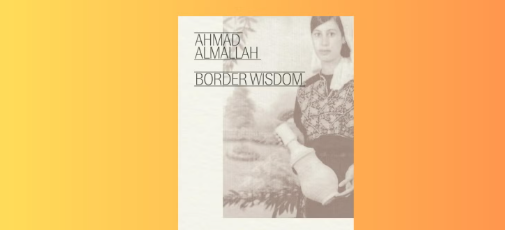Exile Doesn’t Always Need a Border

People think exile means being forced out of your country.
They picture airports, empty homes, governments banning your return.
And yes, that’s one kind of exile.
But there’s another kind — quieter, harder to define, and sometimes more painful.
Exile happens the moment you no longer belong.
It happens when your thoughts are too sharp for your family.
When your words make your friends uncomfortable.
When your presence feels like a threat in the spaces you once called home.
You speak — and the room falls silent.
You question — and they call you bitter.
You live — and they accuse you of abandoning your roots.
Exile is not just about losing a passport.
It’s about losing the right to be understood.
It’s about watching people turn away not because they disagree — but because your existence reminds them of truths they don’t want to face.
This is the exile many women live with every day.
Not in a new country, but in their own homes.
Not at a border, but at a dinner table where they no longer belong.
Not with police, but with relatives, lovers, and neighbors who decide she’s too much.
And yet, there’s something powerful in that isolation.
Because when you’re no longer accepted, you’re finally free to stop performing.
When you’re pushed out, you stop asking for permission.
When you’ve lost everything familiar, you find out what you really believe.
Exile hurts.
But sometimes, it’s the only place where truth survives.


